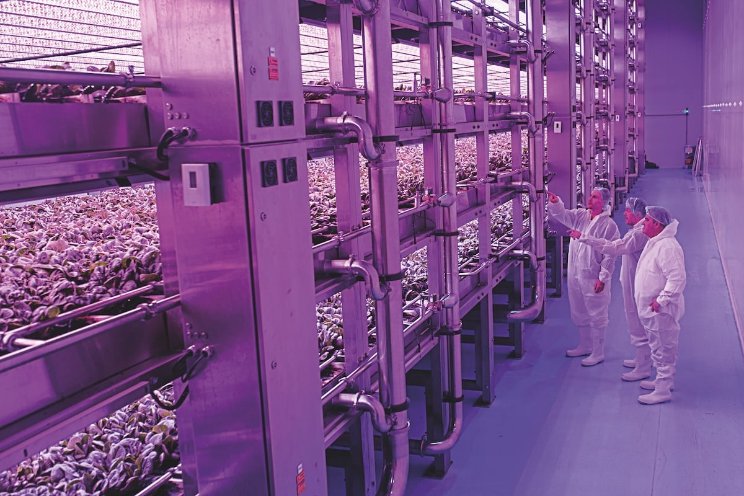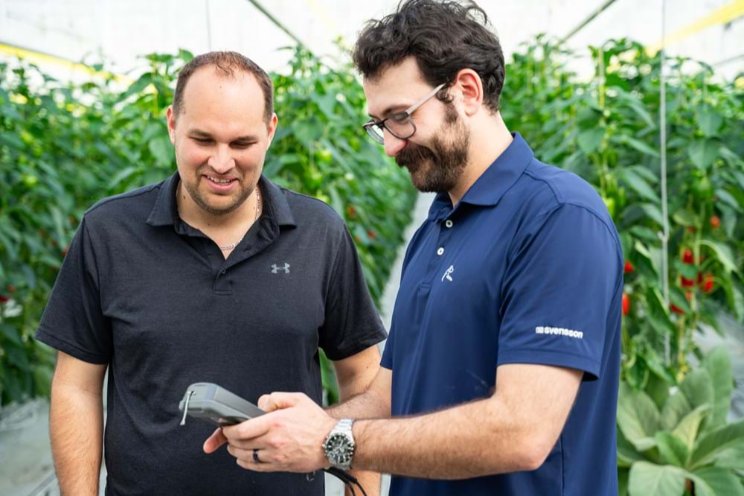Considerations for your urban farming business
Added on 14 June 2023

In this blog post, we’ll walk you through the process of siting and zoning an urban farm, considerations for a custom ZipFarm™ or ZipPod container farm, and other factors that should be top of mind that can help you to turn your green dream into a thriving reality.
Container v’s custom farm
At ZipGrow, we provide various solutions for small businesses through to large commercial-scale operations. Depending on what your business plan needs are, how much you want to scale, and your budget should dictate if you are looking for a custom-built farm within a given space or a container farm that needs a space to land.

Image @Agrician in Hong Kong and their urban ZipFarm build
In a nutshell, a container farm, like a ZipPod, pairs perfectly with a business plan that serves a smaller, more defined cap on production needs for those with limited space and communities that require quick access to food production systems. As long as you have access to a water supply and 200 amp electrical service, a ZipPod can start growing the moment you take possession. From the desert plaines to the frigid North, it’s also perfect for areas with extreme climates.
The portability of a container farm allows for quick expansion and deployment of your farming operation while limiting the overhead costs of warehouse development and leasing.
Photo: Zipgrow
More news















